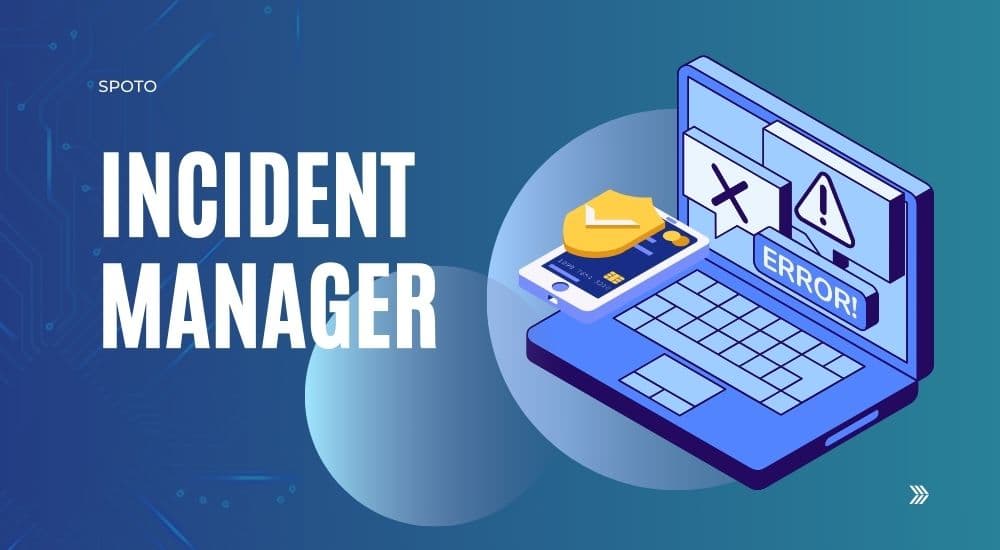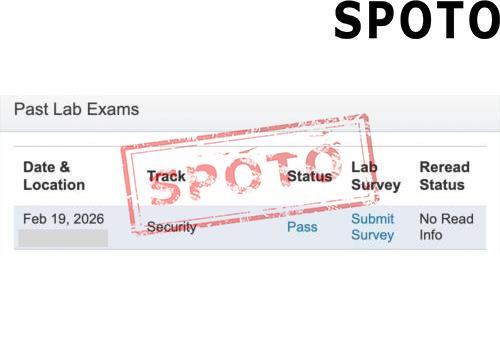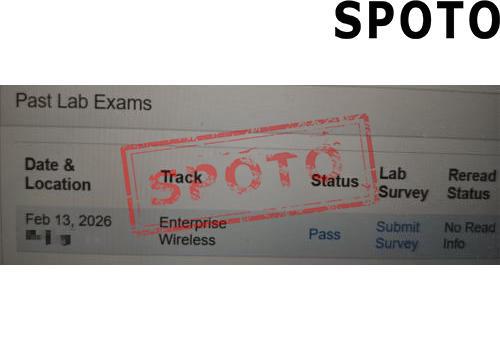
Table of Contents
1. What is a Incident Manager?
Incident Manager is to lead the company's IT team to promptly handle and resolve technical outages in the infrastructure, restore services and help business operations return to normal after an incident. Regularly work with various teams to ensure that the incident management process is fully covered, work with the security team to ensure continuous technical protection, and work with service providers to verify uninterrupted system integrity.
2. What does a Incident Manager do?
The responsibility of an incident manager is to oversee the operation of an organization's information technology systems and lead the response and handling of problems in a timely manner. This work usually includes recording anomalies or challenges that occur in the IT system, analyzing and formulating corresponding solutions, and promoting the implementation of these countermeasures throughout the organization. After identifying system vulnerabilities, incident managers will also conduct in-depth analysis of their root causes to provide a basis for subsequent solutions. In addition, incident managers may also communicate with customers to convey the operating status of the IT system and related updates to them to ensure information transparency and user understanding.
3. Career Insights: Salary, Outlook & Related Roles
(1) Incident Manager Salary
The expected total compensation for an incident manager is $112,042 per year, with an average annual salary of $90,633. Expected additional compensation is $21,409 per year. Additional compensation may include cash bonuses, commissions, tips, and profit sharing. Entry-level positions can start at $92,468, and experienced professionals can make up to $167,942 per year. The 25th percentile makes $119,065, and the 75th percentile makes $147,695.
(2) Job Outlook of Incident Manager
As digital systems become increasingly important to organizational success, the demand for incident managers is expected to continue to grow, especially among companies that value business continuity, cybersecurity, and IT governance. Talents with experience in incident response frameworks (such as ITIL), communication skills, and technical knowledge will be more competitive.
(3) Similar Occupations
- Cyber Security Engineer
- Cyber Security Manager/Administrator
- Cyber Security Architect
- Vulnerability Analyst/Penetration Tester
- Security Analyst
- Incident Management Team Member (various roles)
- IT Support Specialist
- DevOps Engineer
4. How to Become a Incident Manager?
(1) Obtain a Bachelor's Degree
Since incident managers are management positions, most positions require applicants to have at least a bachelor's degree to apply for jobs in this field. Studying at a school with a high reputation for management will give you a greater advantage in your job. Of course, you can also choose a closely related major, such as computer science, computer engineering, or cybersecurity. Some incident managers also choose to continue their studies to obtain a master's degree in management to enhance their leadership and management capabilities.
(2) Develop professional skills
Developing the professional skills required for the position can better get a job offerKey technical skills include Incident Management Tools, ITSM Platforms, Monitoring Systems, Communication Tools, Documentation Software. Important soft skills are Crisis Management, Leadership, Communication, Problem-solving, Decision Making, Stress Management.
(3) Earn Industry Certifications
Earning a recognized certification in the field of incident management can help employers recognize that you are a qualified candidate. There are many different types of certifications that information technology professionals can earn, many of which teach candidates specialized aspects of IT work, such as programming languages, how to identify errors in a system, and how to develop effective IT solutions. Cybersecurity Professional certification show your expertise in preventing cyber attacks, responding to incidents, and securing the cloud. Advance your career with a Cisco Cybersecurity Professional certification.










